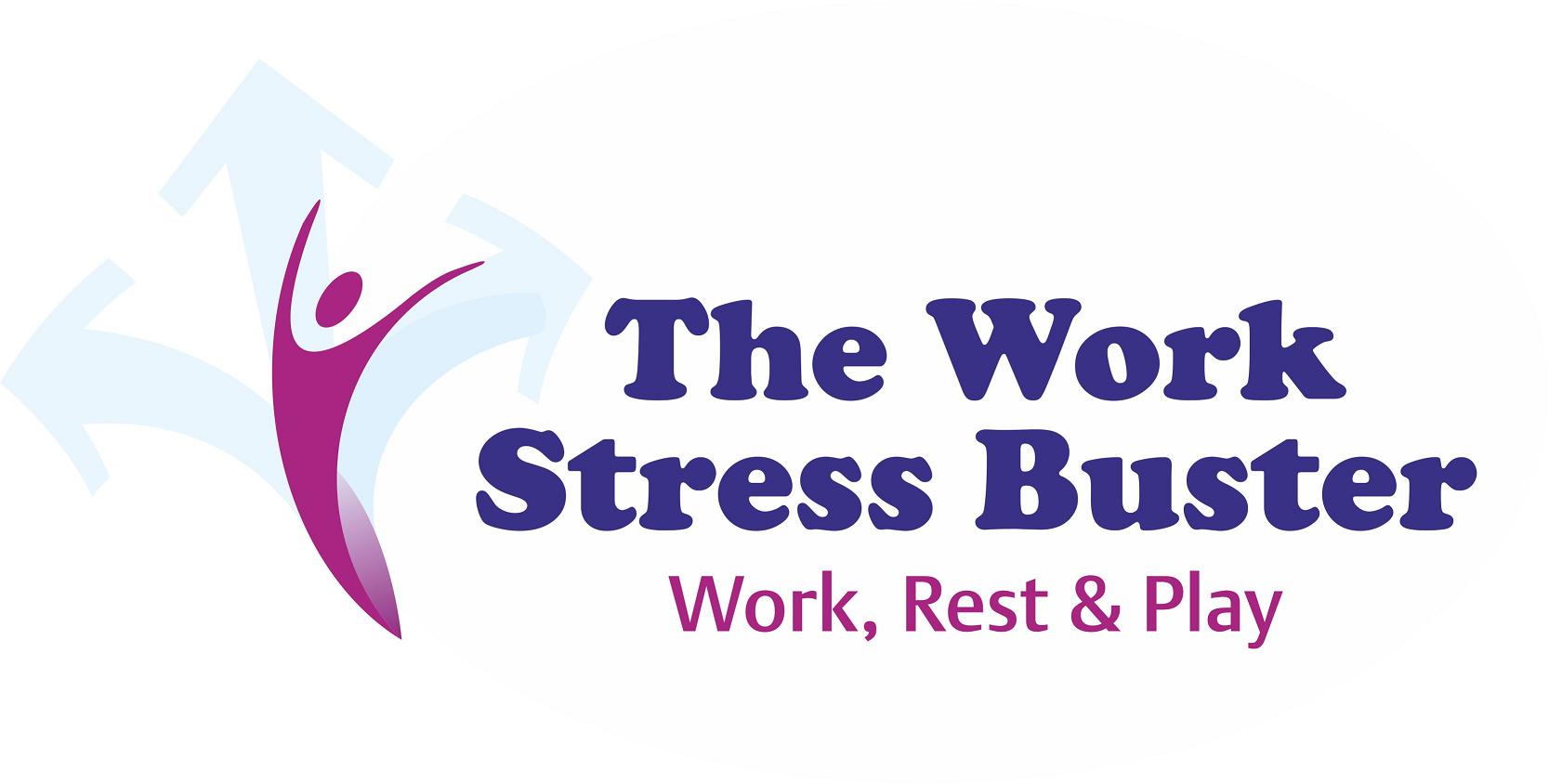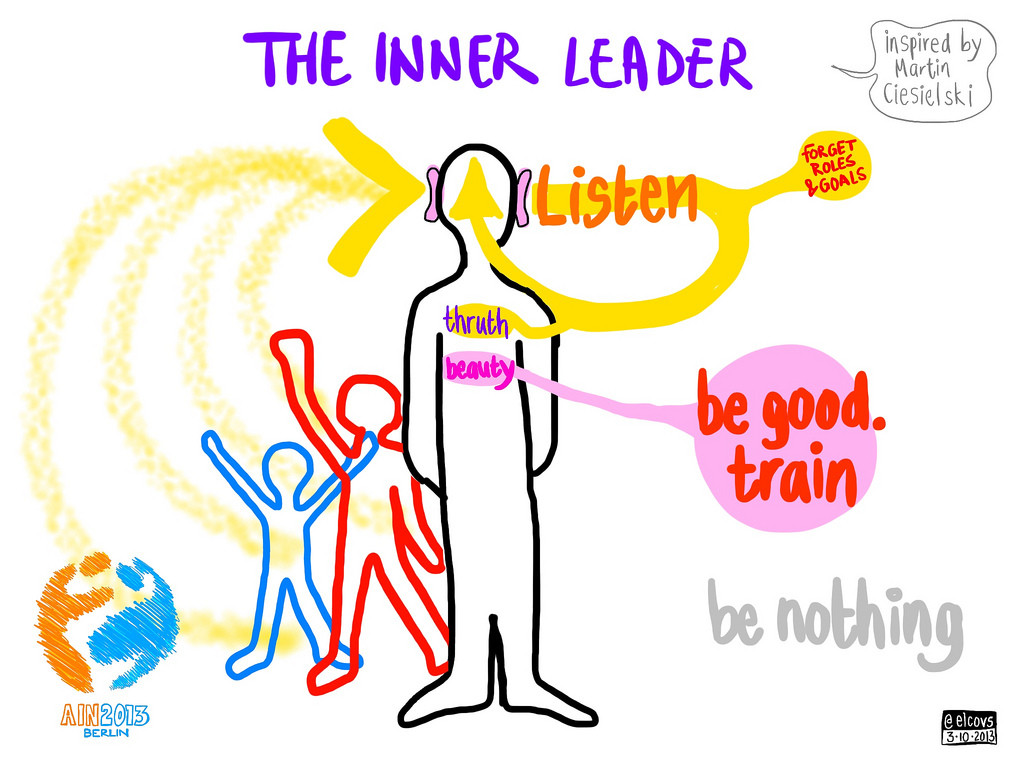Professional Self-Leadership in the workplace
Foreward: This blog was originally written for a newsletter which supports the professional development of Executive Personal Assistants. However, it is applicable to a range of professionals.
I define Self-Leadership as life long self-development, founded on self-respect and self-awareness. Self-Leadership is the founding blocks of effective leadership of others. A leader, manager or PA who is committed to their own self-development would be respectful and supportive of their teams self development also. In this blog I’ll be focussing on self-leadership in the workplace; Professional Self-Leadership.
In the current climate, there is so much pressure and the working environment can be a fast-paced one. At times you can be juggling several competing priorities. Indeed this is often the plight of the modern PA. Yet it is essential that you comport yourself professionally at all times. This blog will explore the main factors that contribute to maintaining professional self-leadership despite the perils and hazards of a hectic and often challenging working environment.
Professional Self-Leadership encompasses a range of skills and qualities that it is essential for preserving one’s comportment in the face of varying, diverse and unpredictable workplace scenarios. However, the four different areas of Professional Self-leadership that I will address in this blog, include:
- Regulating oneself in the workplace
- Emotional Intelligence
- Assertiveness skills
- Having clear values
Regulating oneself in the workplace
This begins with self-awareness. Having an understanding of how we respond when our backs are against the wall or in the heat of the moment is critical. This includes awareness of your emotions, your personality, your motivation, your likes and dislikes, your challenges and your biting point.
Key factors in regulating and understanding oneself in the workplace include:
Personal and professional reflection. There are various tools you can utilise for this. As an Occupational Therapist, reflection is an important part of professional and clinical development. This involves looking at a situation from a variety of angles, and drawing out the learning points; what could have been done better, and by whom, and action points to transfer to future scenarios. Supervision or peer vision is an important part of this, some reflection can take place independently, but at times, it is useful to get the perspective of a more senior professional such as your professional supervisor, or your peer. Having a regular (and protected) supervision time can be very useful as it systematises supervision into your working routine and thus ensures it happens regularly. Over time, reflecting in this way will enable you to become more acutely aware of your strengths and weaknesses and therefore where you require to build your professional competence. It is always illuminating to realise that sometimes, others see different aspects of our characteristics that perhaps we were not aware of. Ultimately, reflection enables you to become better at what you’re not so good at, as well as stronger in what you are good at.
It is thus crucial that you select who you choose to get feedback from very wisely; it could be a mentor, a coach, a colleague – somebody you respect and who’s professional manner is exemplary. I also believe that we have much to learn from those who are younger and less experienced than us – and this is a less common view however, less experienced colleagues tend to be more inquisitive and ask more ‘off-beat’ and imaginative questions – which are more challenging to answer.
Applying assertiveness
In a busy working environment, this skill is key. As a busy PA, you will require to be assertive in order to get things done and form constructive working relationships. Assertive PAs, are able to set realistic deadlines and communicate effectively with their colleagues and bosses. Without effective assertiveness skills, you can end up agreeing to every last request and running yourself into the ground. An assertive PA will speak openly and in a clear and straightforward way, but with due regard and respect for the feelings and rights of others.
On either side of assertive behaviour lie passive and aggressive behaviours. Neither of these behaviours are effective in the workplace, for they foster ‘closed’ working systems that resist freedom and openness – skills which are required to share ideas, solve problems, form relationships and therefore a safe and thriving working environment. The assertive PA is sensitive to the importance of these qualities, and therefore, leads by example. Assertiveness requires consistent commitment to personal and professional development, it can often be challenging. Types of situations where assertiveness skills are required in the workplace include:
- Being able to give honest feedback even if the response may not be positive.
- Putting boundaries in place if you feel that you may be being taken advantage of.
- Holding your ground or speaking up if others interrupt or speak over you
Being assertive is a skill. It is more about personal and professional aptitude than anything else. It is not about ruling or dominating others. It is about advocating for the greater good for oneself and the whole even if doing so may in the short term bring about some short term unhappiness or disagreement; typically most people will understand and agree with the rationale if this is communicated clearly. In summary, the assertive person:
- States their position
- Is prepared
- Is informed: they enquire using open questions
- Is solution oriented: they seek multiple perspectives in trying to understand a range of points of view
- Is patient: with themselves as they understand it takes time to learn a new skill, is patient with others in the same way.
Using emotional intelligence
This is about one’s ability to understand and interact with colleagues sensitively. This involves being sensitive to your own emotional state and using it effectively rather than being at the mercy of it. So if for example, if you are upset, due to some conflict at work, you constructively attend to your own emotional needs first, rather than blindly continuing your work in an upset fashion and inevitably upsetting your colleagues also. People with emotional intelligence, will recognise if an experience will have an adverse effect on them, and they will communicate this with their colleagues so that they can understand if their behaviour seems out of character.
Emotional intelligence can be developed over time. The PA with emotional intelligence deals better with stress, they are more composed, they are better at problem solving – as they are solution oriented and thus they perform with greater competence at work. You can recognise them; they are clear communicators, they treat others with compassion, sensitivity and kindness, they are open to the opinion of others and where necessary they deal decisively with problem situations.
Emotional intelligence is highly prized over technical agility, as the former is harder to teach and learn. You must want to develop emotionally and be committed to lifelong personal development for your emotional intelligence to grow. Technical agility whilst also important does not require the same degree of consistent commitment.
Thus, an emotionally intelligent PA will be more effective in managing a diverse group of professionals; they will be better at building rapport, trust and joined up working. They will be sensitive to how best to push their team for progress, how to support development, how to mend relationships. Their emotional intelligence will position them to be able to enhance individual and team performance.
Having clear principles
 It is important to have clear values and principles and behave accordingly. In fact one could say that your values or lack of them will manifest in all that you do. And whether or not you are or are not aware of them, your colleagues certainly will be. Your values may be timeliness, diligence, consideration and efficiency. You may hear people say things about you already: for example xx is so passionate, xx is always late, Xx is reliable. Think about how you want your colleagues to talk about you and even; how you would want them to remember you when you have left the job. This is your legacy.
It is important to have clear values and principles and behave accordingly. In fact one could say that your values or lack of them will manifest in all that you do. And whether or not you are or are not aware of them, your colleagues certainly will be. Your values may be timeliness, diligence, consideration and efficiency. You may hear people say things about you already: for example xx is so passionate, xx is always late, Xx is reliable. Think about how you want your colleagues to talk about you and even; how you would want them to remember you when you have left the job. This is your legacy.
If you are clear about your values, you can practice with integrity despite social, emotional or peer pressure. Our values really do provide an internal steer that guides our professional comportment.
Being clear about your own values, positions you to be more understanding in situations where conflicts might arise. Value differences may exist in relation to how a piece of work should be carried out, how relationships should be comported in the workplace and how you might recognise accomplishments. Just as you have your values, others will have theirs and just like you, their values have been similarly developed through their life experiences. We are all attached to our values, so being aware of this can help you be more understanding, considerate and tolerant of value differences and adopt creative ways of bringing these people together in a way that honours their differing values.
Summary: The importance of professional self-leadership to the modern Executive PA
Professional Self-Leadership skills:
- Can be all that stand in the way from developing a healthy and successful working partnership with your executive.
- Can give your success in the workplace longevity for you have committed to making the necessary changes to improve yourself so that you remain an asset to your peers, customers and colleagues – be they senior management or your boss.
- Differentiates you from the rest – for you are better able to be appropriately responsive in times of turbulence e.g. when deadlines change, during a company merger or in the face of a demanding executive or unjust criticism.
- Insists that you will excel and be able to draw upon and apply your wide breath of knowledge and experience even in the face of extremely challenging situations.
Awele is an experienced trainer who has worked nationally and delivered training for several hundred delegates – working successfully with over 30 companies and organisations. See here for more information on the range of CPD accredited training services Awele provides.
If you have particular training needs, then do enquire to see how Awele can be of support to you. Call Awele on 07985 440014 or 0845 054 2781 or
email: awele@theworkstressbuster.co.uk.


One Comment - Leave a Comment
This information is useful